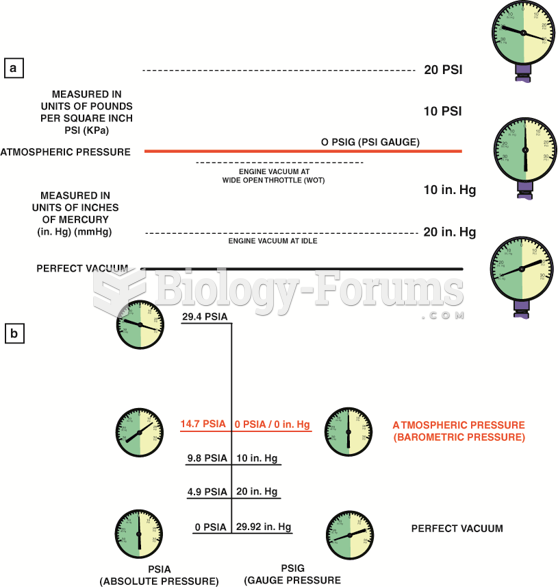|
|
|
The modern decimal position system was the invention of the Hindus (around 800 AD), involving the placing of numerals to indicate their value (units, tens, hundreds, and so on).
Vaccines cause herd immunity. If the majority of people in a community have been vaccinated against a disease, an unvaccinated person is less likely to get the disease since others are less likely to become sick from it and spread the disease.
Though methadone is often used to treat dependency on other opioids, the drug itself can be abused. Crushing or snorting methadone can achieve the opiate "rush" desired by addicts. Improper use such as these can lead to a dangerous dependency on methadone. This drug now accounts for nearly one-third of opioid-related deaths.
There are 20 feet of blood vessels in each square inch of human skin.
The first oral chemotherapy drug for colon cancer was approved by FDA in 2001.
 Many fathers and infants form secure attachments. Fathers’ style of interaction differs somewhat ...
Many fathers and infants form secure attachments. Fathers’ style of interaction differs somewhat ...
 A typical engine design that uses both pressure and splash lubrication. Oil travels under pressure ...
A typical engine design that uses both pressure and splash lubrication. Oil travels under pressure ...
 If a cylinder(s) is lower than most of the others, use an oil can and use two squirts of engine oil ...
If a cylinder(s) is lower than most of the others, use an oil can and use two squirts of engine oil ...




